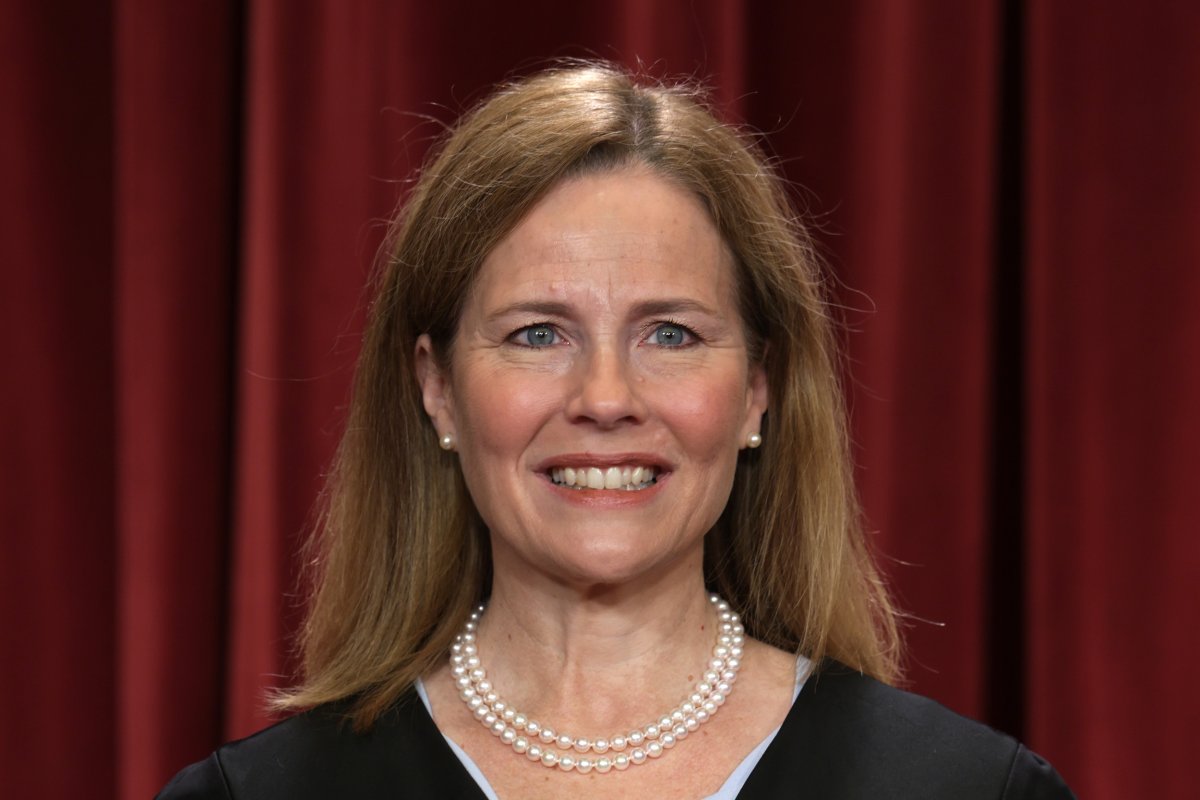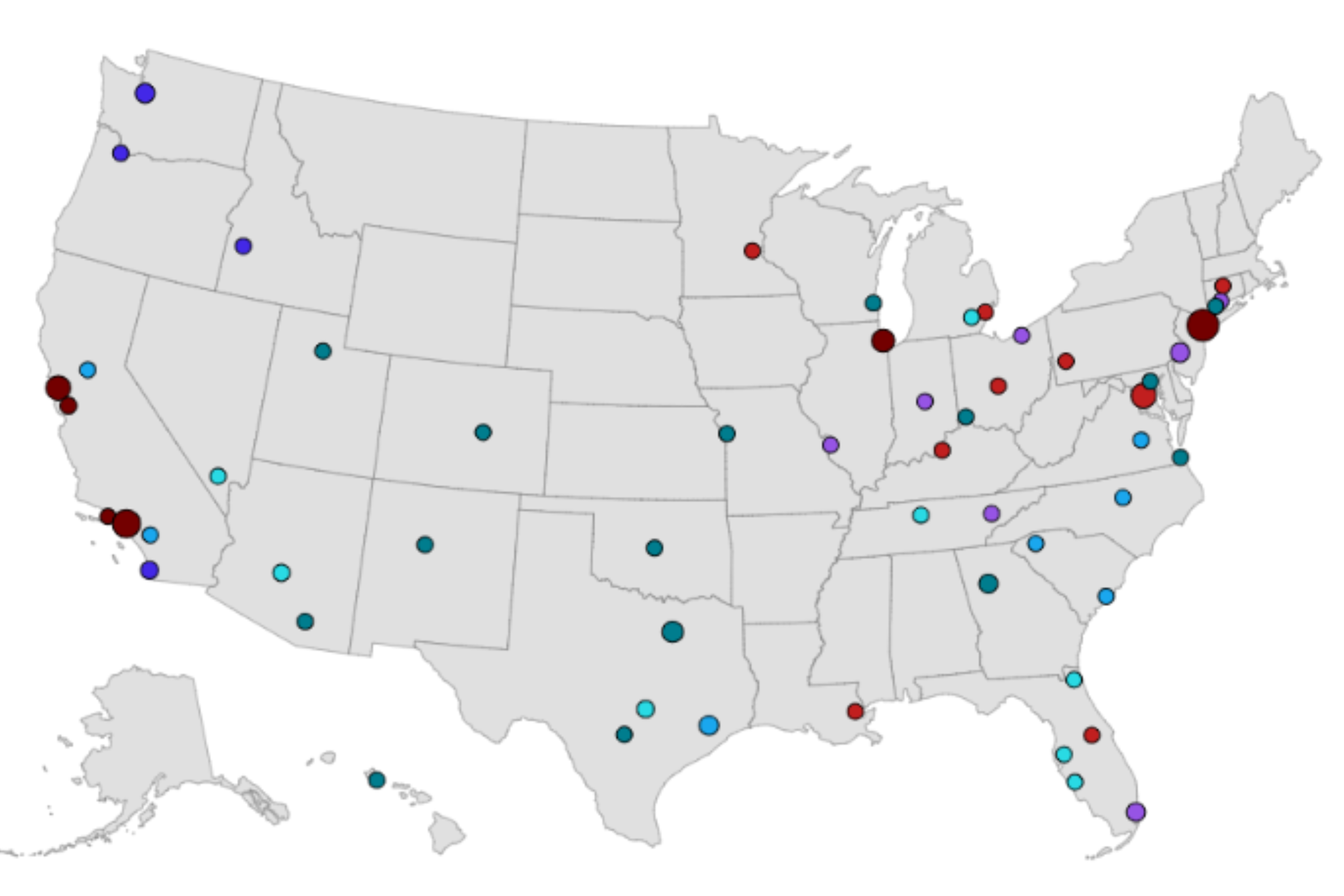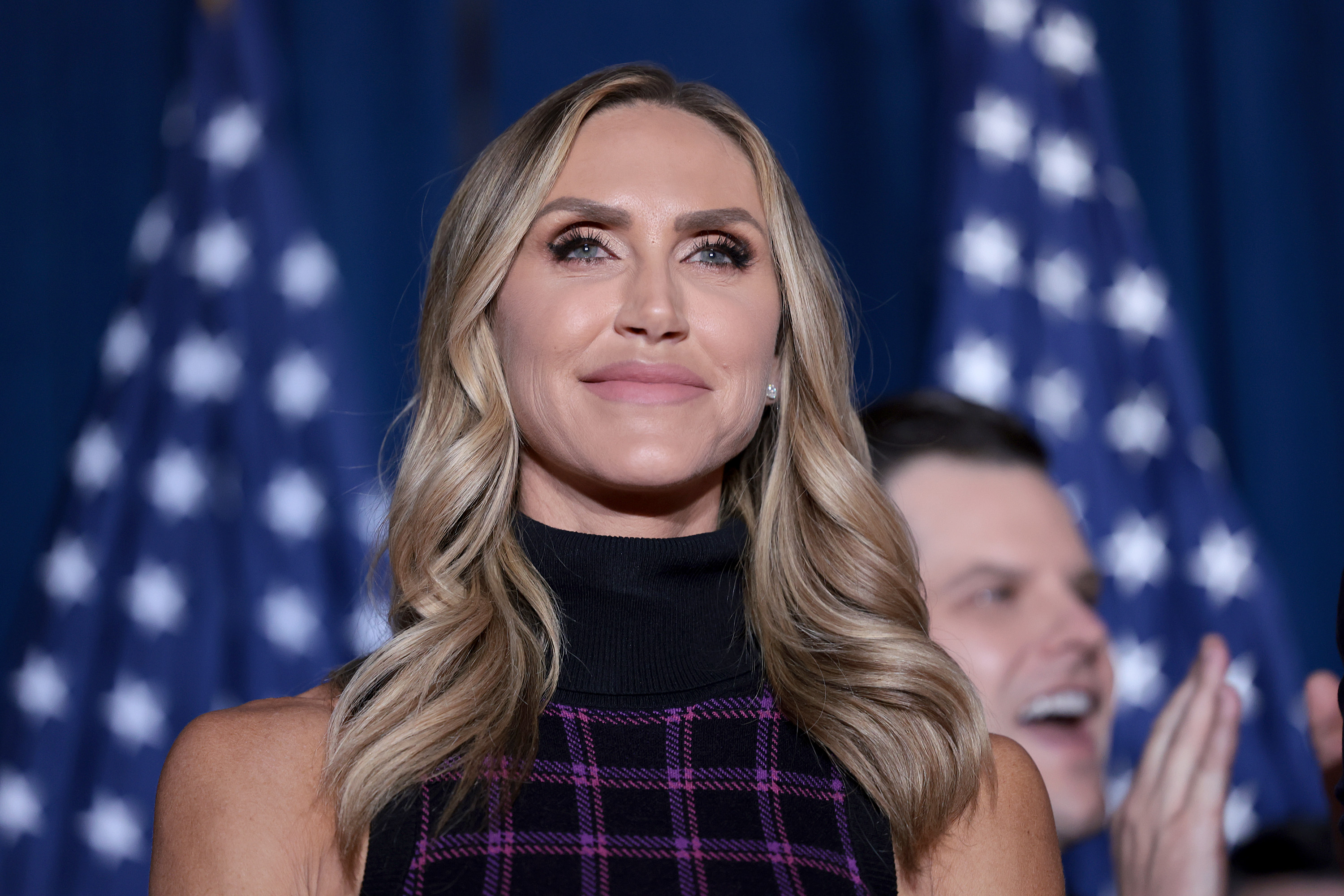Conservative Supreme Court Justice Amy Coney Barrett's questioning of former President Donald Trump's lawyer pertaining to immunity claims could allow the former president's election fraud criminal case to proceed as intended, a legal expert tells Newsweek.
Barrett, who was one of three Supreme Court judges, along with Justices Neil Gorsuch and Brett Kavanaugh, appointed by Trump between 2017 and 2021, asked Trump lawyer John Sauer on Thursday morning about the differentiation between private and officials acts as laid out in DOJ special counsel Jack Smith's allegations against the ex-president.
The Court, which holds a 6-3 conservative majority, is hearing oral arguments in Trump's claim to presidential immunity from prosecution for alleged fraud related to the 2020 presidential election and events thereafter. The presumptive Republican candidate for president was indicted on four counts for allegedly working to overturn the results of the 2020 election, leading to the January 6, 2021, U.S. Capitol riot. He denies the charges.

"So, you concede that private acts don't get immunity?" Barrett asked Sauer, to which he replied, "We do."
Barrett then referred to pages 46 and 47 of Smith's brief in the case.
"[Smith] urges us even if we were to decide or assume that there was some sort of immunity for official acts, that there were sufficient private acts in the indictment for the case to go back and the trial to begin immediately," Barrett said. "And I want to know if you agree or disagree about the characterization of these acts."
She alluded to three hypothetical acts as outlined in the case, asking Sauer whether each of the following was considered a private act:
The petitioner turned to a private attorney who was willing to spread knowingly false claims of election fraud to spearhead his challenges to the election results.
The petitioner conspired with another private attorney who caused the filing in court of a verification signed by petitioner that contain false allegations to support a challenge.
Three private actors—two attorneys, including those mentioned above, and a political consultant—helped implement a plan to submit fraudulent slates of presidential electors to obstruct the certification proceeding. A petitioner and a co-conspirator attorney directed that effort.
"So those acts you would not dispute?" Barrett said. "Those were private, and you wouldn't raise a claim that they were official?"
Sauer said his side disputes all the allegations but said that all three scenarios are considered private acts.
"Justice Barrett's line of questioning boxed John Sauer in by making an admission that the core of the special counsel's indictment centers on unofficial acts for private benefit," law professor and constitutional attorney Anthony Michael Kreis told Newsweek on Thursday.
"Unless the Supreme Court believes that absolute, unqualified immunity shields former presidents, Sauer conceded that Trump's democracy subversion efforts can likely be subject to prosecution," Kreis added.
Barrett asked Sauer more questions about the immunity defense.
"You say that these criminal statutes, unless they specifically mention the president, don't apply to him," Barrett said. "So, how can you say that he would be subject to prosecution after impeachment, while at the same time saying that he's exempt from these criminal statutes?"
Sauer said that statutes exist, and that impeachment could result from private conduct. Barrett asked follow-ups after a line of questioning by liberal Justice Elena Kagan, who inquired regarding private and official acts in a presidential capacity and presented multiple hypothetical scenarios—including if a president orders a coup, and is subsequently impeached and convicted.
"Let's imagine that he is impeached and convicted for ordering that coup, and let's just accept for the sake of argument your position that that was official conduct," Barrett said. "You're saying that he couldn't be prosecuted for that even after conviction and an impeachment proceeding if there was not a statute that expressly referenced the president and made it criminal for the president."
Sauer replied that there would have to be a statute that "made a clear statement" that Congress purported to regulate the president's conduct.
Sauer also told conservative Justice Samuel Alito that the premise of his side's argument is that official acts should be expunged from the indictment, and that the prosecution should not be permitted at trial to prove the official acts as part of alleged conspiracies.
Uncommon Knowledge
Newsweek is committed to challenging conventional wisdom and finding connections in the search for common ground.
Newsweek is committed to challenging conventional wisdom and finding connections in the search for common ground.
fairness meter
To Rate This Article
About the writer
Nick Mordowanec is a Newsweek reporter based in Michigan. His focus is reporting on Ukraine and Russia, along with social ... Read more
To read how Newsweek uses AI as a newsroom tool, Click here.








